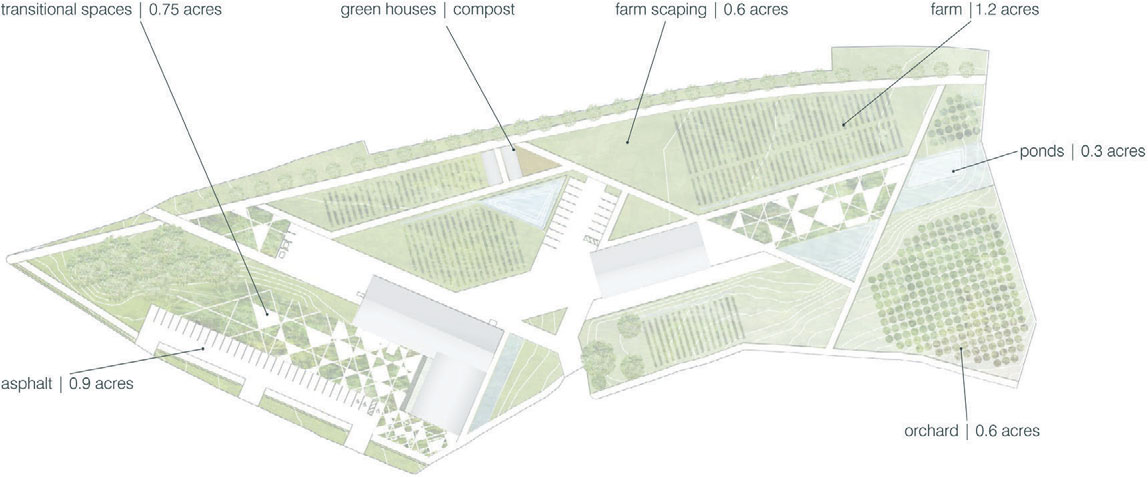The Facilitator: Feed and Seed
Mike McGirr’s vision to reinvent the way food gets from local farms in the Upstate to tables in restaurants, homes and schools is coming to fruition.
Feed & Seed is the working name of his proposed nonprofit food hub. Its focus is on connecting Upstate farms to Upstate markets: rural, urban and in-between.
“Greenville is at a turning point, with more restaurants like Bacon Brothers that have business plans focused on using local and seasonal produce,” says McGirr, cofounder of Feed & Seed. “The majority of our farmers and markets don’t have access to one another because they are lacking certifications, inspections or knowledge about what is market-relevant.”
An example, he says, is the surge in new customers looking for international produce.
“The Japanese community has a clamoring for Napa cabbage. Nobody is growing Napa cabbage, but it can grow well here,” McGirr says.
Three years ago while out surveying local farmers to gauge their interest in participating in a private entity food hub, McGirr met Scott Park, principal planner with Greenville County Planning and Code Compliance. After realizing they were both trying to determine how best to match the increasing demand for local foods with local farmers, the two joined forces to create Feed & Seed as a public/ private partnership.
“The economics of our farmers are very stressed because they don’t have access to our marketplace,” he says. “In Greenville we have the Swamp Rabbit Café & Grocery, but we need a hundred of those across the Upstate, and markets that go beyond a Saturday farmers market.”
Feed & Seed got its temporary name from the abandoned Feed & Seed building on Laurens Road. At one point, the organization hoped to be located in that building. However, the logistics weren’t right, and the group now has identified three spots along Poinsett Highway as possibilities for a future food hub that will include a marketplace, dining room, urban farm, community garden, butcher shop and vegetable processing plant. As the central marketplace is being constructed, the Feed & Seed has launched collaborative projects in education, agriculture, charity and business to re-connect the network between farms and tables.
“Basically, what I want to do is help people understand that local is even more important, in some ways, than organic and non-GMO. I love organic, and live that way, but what’s important is to communicate that if you buy produce right down the road it’s going to taste better. You can make other economic arguments, but it’s just going to taste better,” he says.
McGirr has worked with multiple organizations across the Upstate—like Ten at the Top, Greenville Health System, Clemson University and Furman—in determining what will best help the farmer economically. Most important, they’ve found, is cold storage availability for farmers to be able to hold onto their products.
“We’re looking at what does that cooler look like? What is the budget? What are the rules?” he says.
An additional long-term goal is connecting local farmers with local school meal plans.
“We’re trying to make the Upstate farmer more profitable as they increase and adapt production to sell into our local institutions; fresher food to feed our families,” McGirr said. “That’s the reason for the food hub.”
Feed & Seed
135 South Main Street, Tenth Floor
Greenville
www.connectingtables.com




